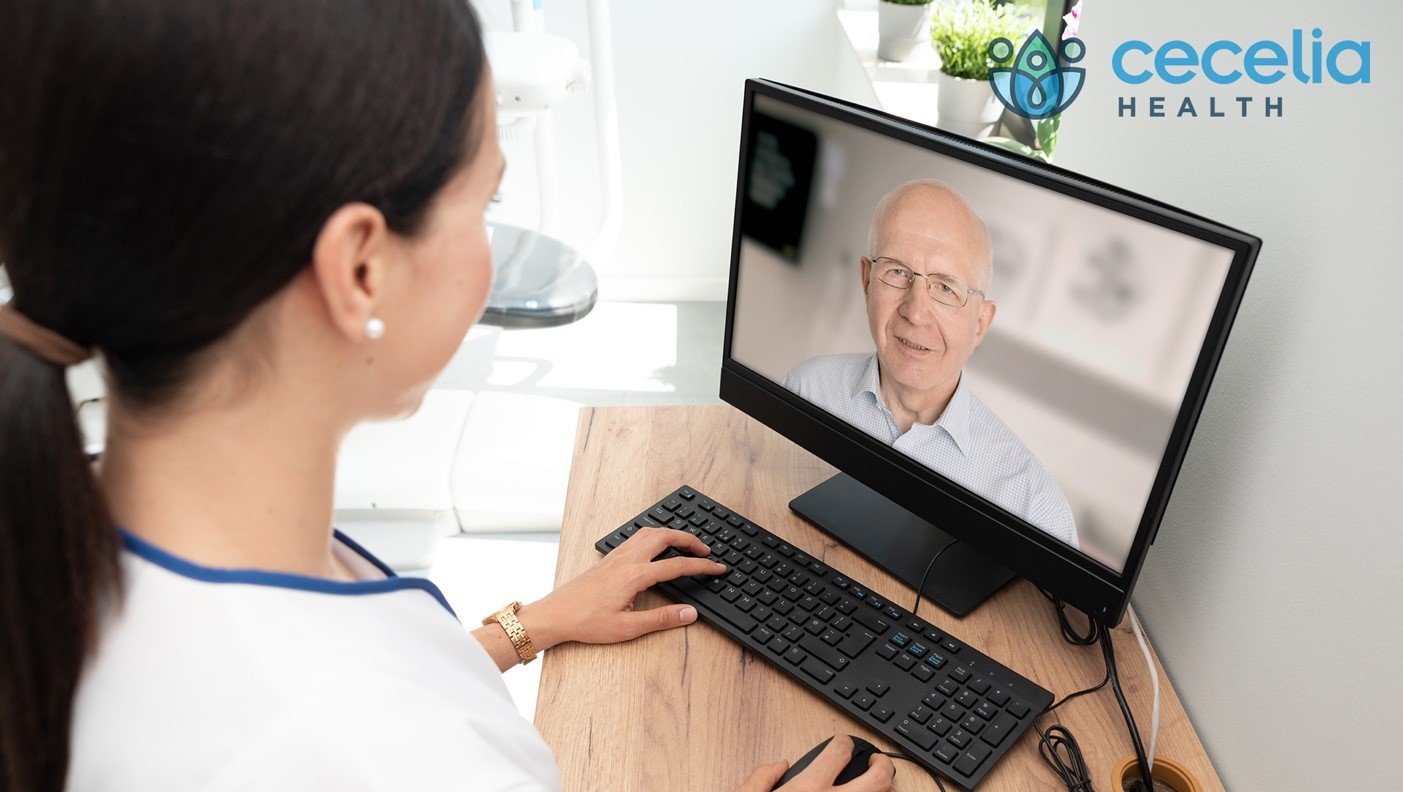We are all currently taking several measures to avoid contracting the coronavirus, shelter-in-place, social distancing and mask wearing have become the new “normal”. If you are living with type 1 or type 2 diabetes, early studies indicate that you should be even more cautious. As a person living with diabetes (type 1 or type 2) (“PLWD”), fortunately, your risk of catching the virus is no higher than anyone else. However, PLWD may potentially have worse outcomes and complications if they do get sick. The risk of worse outcomes is increased with consistently poorly managed glucose levels.
Diabetes and Coronavirus
Very early studies indicate that approximately 25% of people who went to the hospital with severe COVID-19 infections had diabetes. Those with diabetes were more likely to have serious complications and increased mortality rates. One of the primary reasons is due to high blood sugar weakening the immune system, thus making it less able to fight off infections as effectively. The risk of severe infection is increased even more if you also have another condition, like heart or lung disease. Whereas tightly controlled glucose levels result in lower risk of complications.
If you contract COVID-19, the infection could put PLWD at greater risk for diabetes related complications such as diabetic ketoacidosis (DKA). DKA happens when high levels of acids called ketones build up in your blood and can be very serious if left unmanaged and untreated. DKA can also impede the body’s ability to control other complications related to COVID-19 such as sepsis.
Tips to Avoid Infection
The primary way to avoid getting sick is to stay home as much as possible and keep your glucose levels in-range and much as possible (ideally 70-150 more than 75% of the time). Pursuant to the Americans With Disabilities Act, people with diabetes also have the right to “reasonable accommodations at work,” which includes the right to work from home or take sick leave when needed.
As a PLWD, to reduce the likelihood of getting infected, continue to:
- Practice social distancing,
- Practice frequent hand washing,
- Wear protective mask and gloves with in public, and
- Maintain good control of glucose levels (this includes time in range).
Ensure all household members practice these hygiene habits as well. Should somebody else in your house become sick, they should stay in their own room, as far as possible from PLWD.
Remember to thoroughly wash hands prior to checking blood glucose levels, delivering insulin, or changing medical devices and carefully clean each site with warm soapy water or rubbing alcohol.
COVID-19 Action Plan
Social distancing and shelter-in-place may make it more difficult to source medical supplies as quickly as usual. If you have not already, ensure you have enough supplies at least 1 month.
Your supply check-list should include:
- Low blood glucose snacks and fast acting carbs like honey, fruit juice, or hard candy
- Low carb snacks like nuts, seeds, cheese
- The maximum number of refills you can get of your insulin and other medications/medical supplies (alcohol swabs, test strips, infusion sites, CGM sensors)
- Extra glucagon and ketone strips test strips, blood ketone meter
- Thermometer (and well stocked first aid kit)
- Phone numbers for your doctors and health insurance company
What to Do if You Get Sick
Call your doctor if you get coronavirus-like symptoms such as a dry cough, fever, or shortness of breath. Ensure you have a sick-day plan of action. This should include, speaking with your doctor about the frequency in which to check your blood glucose level and ketone level, how to treat large ketones and dose for unusually high blood sugar, how to adjust insulin doses, and which cold and flu remedies are safe. Some over-the-counter medicines that relieve common symptoms like fever or cough can affect blood sugar levels. High doses of aspirin or ibuprofen can lower blood sugar levels. Acetaminophen can cause falsely high readings on a continuous glucose monitor. Many liquid cough and cold medicines are high in sugar, which can raise glucose levels. Before taking OTC medication, check with your doctor or diabetes team.
Drink more water than usual, fever and illness can exacerbate ketone levels and significantly increase dehydration. Ketones can also be present with illness even with in-range glucose levels. Have your most recent blood sugar and ketone readings available to share with your doctor.
Get medical help right away if you have:
- Moderate or large ketones
- DKA symptoms (extreme tiredness, extreme thirst, frequent urination, weakness, body aches, vomiting, belly pain, sweet odorous breath)
- Severe shortness of breath
